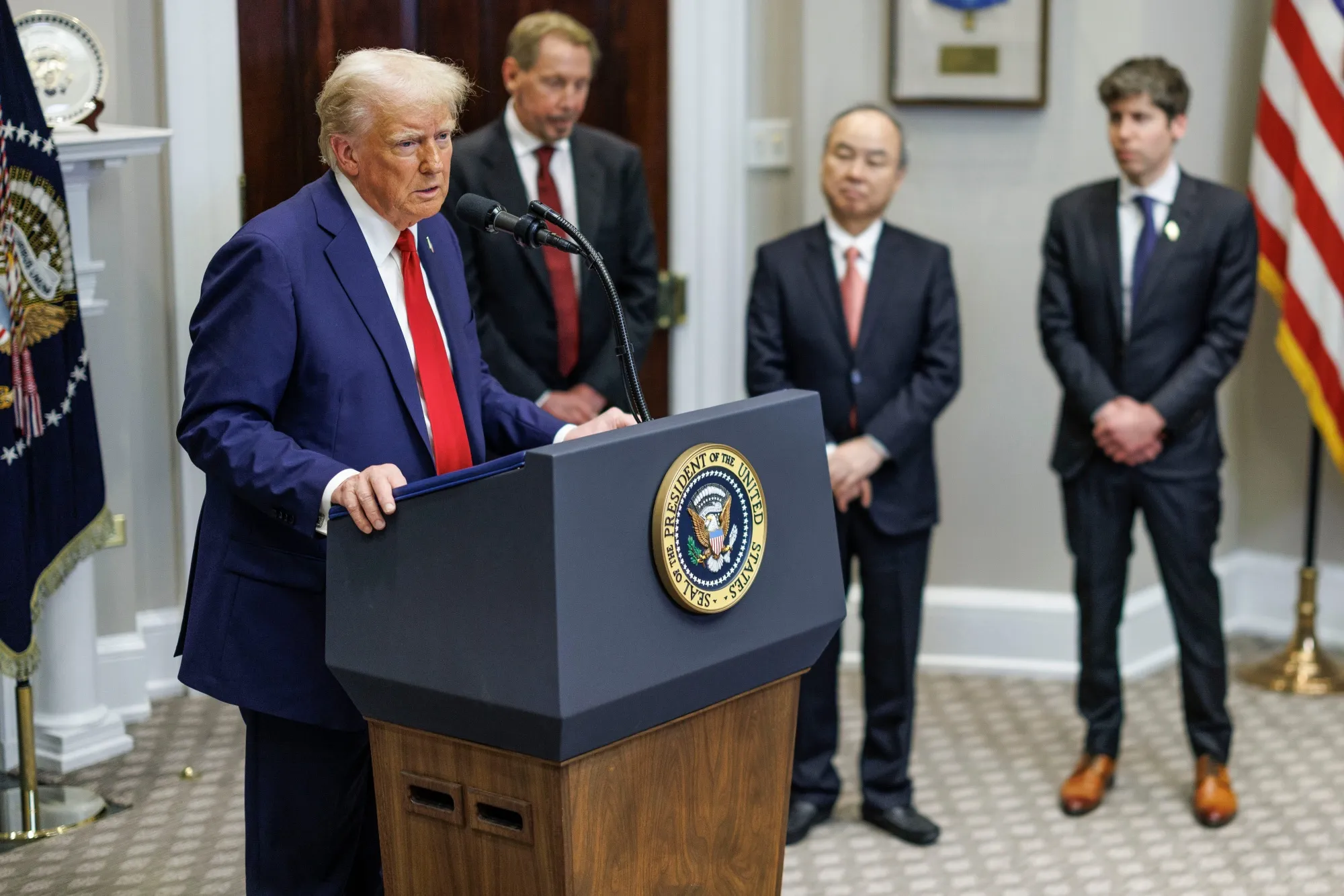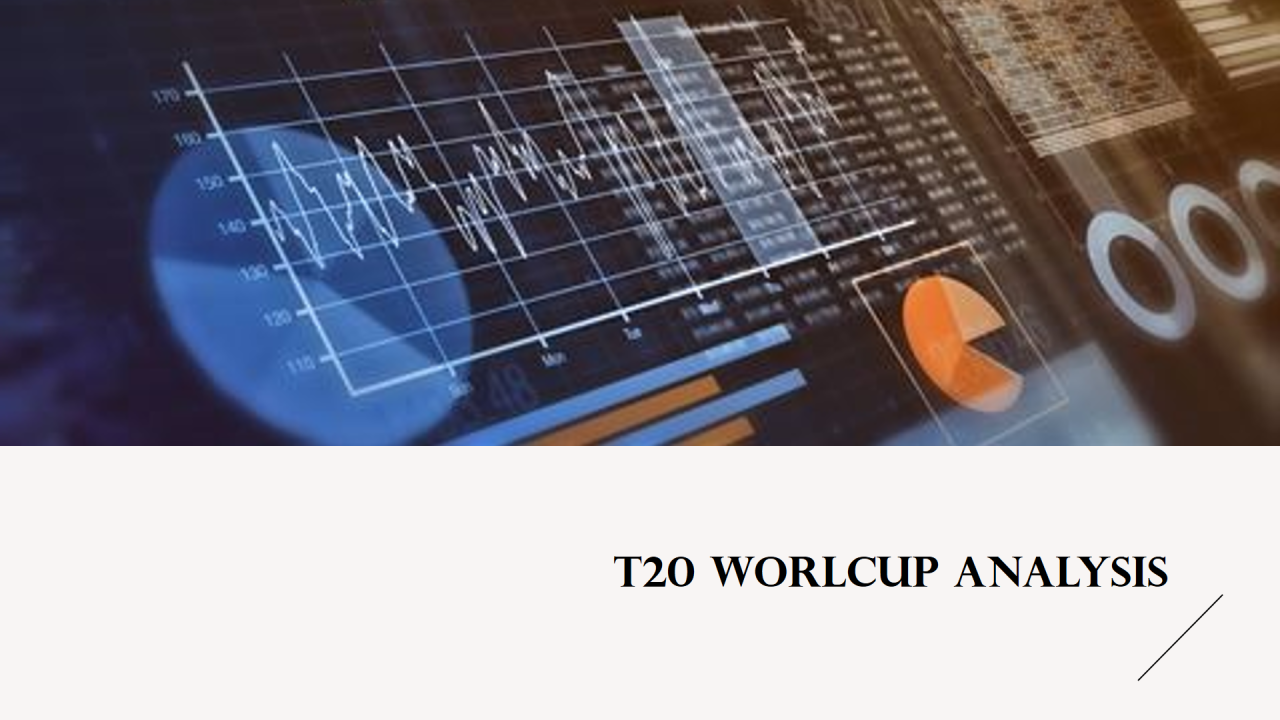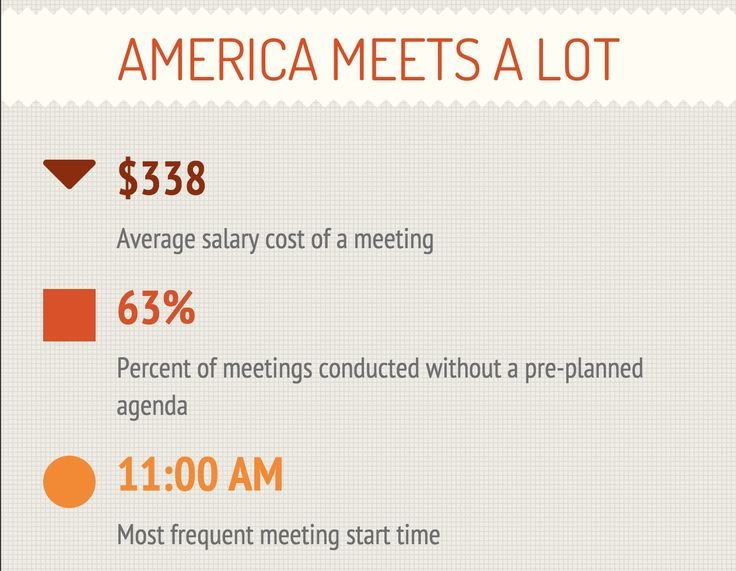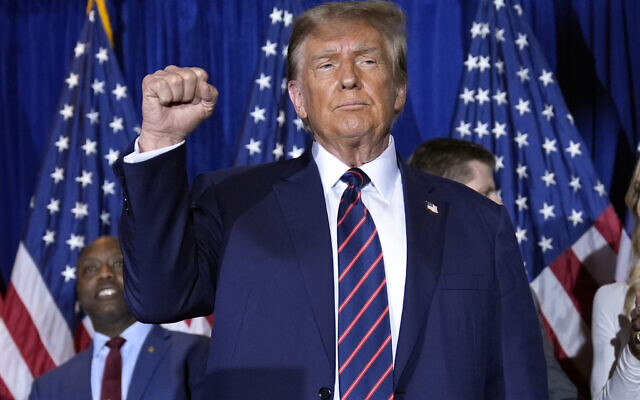Macron's Push For A European-First Trade Policy

Table of Contents
Strategic Autonomy and Reduced Reliance on Global Powers
A core tenet of Macron's European-first trade policy is achieving greater strategic autonomy. This means reducing the EU's dependence on other global powers, particularly the US and China, for essential goods and services. The aim is to build a more resilient and self-sufficient European economy. This approach involves several key strategies:
-
Increased investment in domestic industries: Significant investment is being directed towards revitalizing key European industries, aiming to boost competitiveness and reduce reliance on foreign suppliers. This includes sectors like renewable energy, technology, and pharmaceuticals.
-
Strengthening of EU supply chains: Efforts are underway to diversify supply chains and reduce vulnerability to disruptions caused by geopolitical instability or reliance on single-source providers. This involves bolstering domestic production capabilities and forging stronger partnerships within the EU.
-
Prioritization of European businesses in procurement: Government procurement policies are increasingly favoring European companies, ensuring that public funds support domestic businesses and jobs.
-
Potential challenges in achieving complete self-sufficiency: While the goal is to increase self-reliance, complete economic independence is unrealistic. The EU will still need to engage in international trade to access certain resources and markets.
-
Examples of specific industries targeted for greater EU self-reliance: The automotive, semiconductor, and battery industries are key examples of sectors where the EU aims to enhance its domestic capabilities and reduce dependence on external players.
Protectionism vs. Free Trade: Navigating the Fine Line
Macron's European-first policy treads a delicate line between promoting European interests and maintaining an open and free trade system. While the emphasis is on prioritizing European businesses, there are concerns about a potential shift towards protectionism. This raises the risk of:
-
Balancing protectionist measures with the need for open markets: The EU faces the challenge of implementing protective measures without triggering retaliatory tariffs or disrupting global trade flows. Finding this balance is crucial for maintaining positive relationships with key trading partners.
-
The impact on consumer prices: Protectionist measures could lead to higher prices for consumers as import competition decreases. This is a significant factor that needs careful consideration.
-
Potential consequences for global trade relations: A more protectionist EU could spark trade wars and negatively impact global economic stability. Maintaining a constructive approach to international trade is therefore paramount.
-
Specific examples of trade negotiations and their outcomes: The EU's recent trade negotiations with various countries illustrate the ongoing tension between promoting European interests and upholding free trade principles. Analyzing these negotiations provides valuable insights into the practical application of Macron's policy.
Strengthening the EU's External Trade Relations
It's crucial to understand that Macron's European-first approach does not equate to isolationism. The EU continues to seek strategic partnerships with like-minded countries and actively negotiates favorable trade deals. This includes:
-
Negotiating new trade agreements with a focus on EU interests: The EU is actively pursuing new trade agreements that reflect its priorities, such as ensuring fair competition and protecting European businesses.
-
Strengthening existing trade partnerships: The EU is working to reinforce its relationships with existing trading partners, ensuring mutual benefit and stability.
-
Developing relationships with emerging economies: The EU is expanding its engagement with rapidly growing economies, seeking to establish mutually advantageous trade relationships.
-
The role of the EU in multilateral trade organizations: The EU remains actively involved in multilateral trade organizations, such as the World Trade Organization (WTO), advocating for a fair and rules-based trading system.
The Impact on Specific Sectors
Macron's policy will have varying impacts across different sectors. For example, the agricultural sector could see increased support for domestic farmers, potentially leading to higher prices for consumers but greater food security. The technology sector might benefit from increased investment in research and development, fostering innovation within Europe. Manufacturing could see a resurgence of domestic production, leading to job creation but potentially higher costs for certain goods. The overall effects will depend on the specific policies implemented and their interaction with global market forces.
Conclusion
Macron's "European-first" trade policy represents a bold attempt to enhance the EU's economic sovereignty and resilience. While aiming to reduce reliance on external powers and strengthen European industries, it also presents potential risks of protectionism and trade disputes. The success of this policy will hinge on the EU's ability to balance the need for strategic autonomy with the benefits of an open and interconnected global economy. Careful consideration of the potential impacts on various sectors and consistent engagement in international trade negotiations will be crucial for navigating this complex landscape. Learn more about the implications of Macron's European-first trade policy and its potential impact on your business. Stay informed on the evolving landscape of EU trade relations.

Featured Posts
-
 Dexter Resurrection Introduces A Beloved Villain Character
May 22, 2025
Dexter Resurrection Introduces A Beloved Villain Character
May 22, 2025 -
 Open Ai Texas Data Center An Exclusive 11 6 Billion Investment
May 22, 2025
Open Ai Texas Data Center An Exclusive 11 6 Billion Investment
May 22, 2025 -
 Ford And Nissan Partner On Battery Plant An Exclusive Look At The Ev Market Shift
May 22, 2025
Ford And Nissan Partner On Battery Plant An Exclusive Look At The Ev Market Shift
May 22, 2025 -
 Southern France Storm Brings Unexpected Late Season Snow To The Alps
May 22, 2025
Southern France Storm Brings Unexpected Late Season Snow To The Alps
May 22, 2025 -
 Analyzing Aimscaps Performance In The World Trading Tournament Wtt
May 22, 2025
Analyzing Aimscaps Performance In The World Trading Tournament Wtt
May 22, 2025
Latest Posts
-
 How Google Made Virtual Meetings Better
May 22, 2025
How Google Made Virtual Meetings Better
May 22, 2025 -
 Google Ai Smart Glasses Prototype First Impressions And Insights
May 22, 2025
Google Ai Smart Glasses Prototype First Impressions And Insights
May 22, 2025 -
 Googles Improved Virtual Meetings A Less Frustrating Experience
May 22, 2025
Googles Improved Virtual Meetings A Less Frustrating Experience
May 22, 2025 -
 A Deep Dive Into Trumps Proposed Golden Dome Missile Defense System
May 22, 2025
A Deep Dive Into Trumps Proposed Golden Dome Missile Defense System
May 22, 2025 -
 Testing Googles Ai Smart Glasses Features And Functionality
May 22, 2025
Testing Googles Ai Smart Glasses Features And Functionality
May 22, 2025
